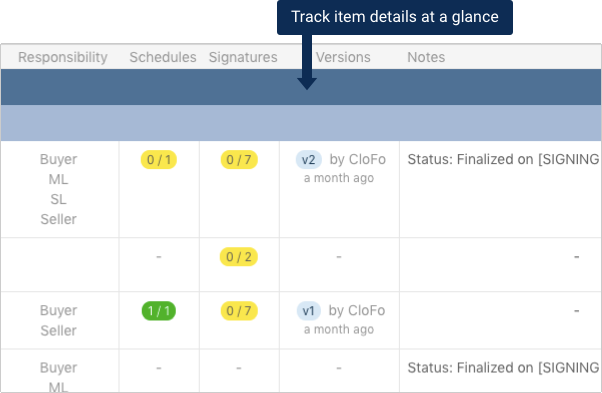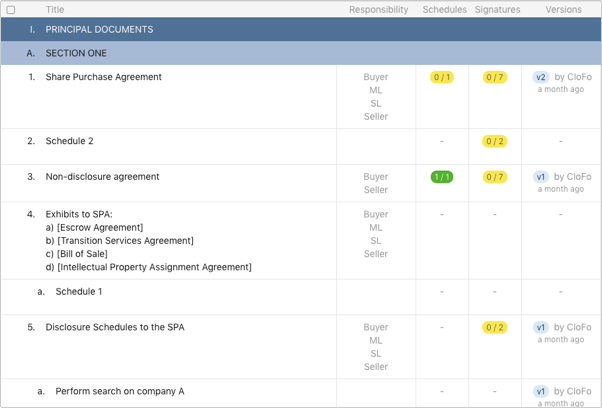It’s not every day that a major politician weighs in on a fashion dispute, but that’s just what happened this week when presidential hopeful Bernie Sanders began tweeting about direct-to-consumer retail darling Everlane.
Seventy-eight-year-old Senator Sanders took to social media to comment on the brand that’s become synonymous with a millennial approach to getting dressed. The thing that got his attention? A group of former employees claiming that the company is using the Covid-19 pandemic as an excuse to quietly dismantle a recently-formed union.
“Using this health and economic crisis to union bust is morally unacceptable,” Sanders (or perhaps one of his recycled fleece-wearing millennial campaigners) tweeted from his account. “I’m calling on @Everlane to bring workers back on payroll and recognize the @EverlaneU [Everlane Union].”
Though Everlane has built its reputation on transparency, ethics and affordable basics, Sanders’ tweet referenced a storm that’s been brewing around the brand’s treatment of its employees since the end of last year.
In late December 2019, a number of Everlane’s customer experience (aka CX) workers — a team of remote, part-time employees — announced their intention to unionize to better advocate for their employment needs. Though the announcement sparked some media coverage and buzz amongst the “ethical fashion” community on Instagram, it didn’t result in the brand formally recognizing the union.
But it was a more recent turn of events that attracted the attention of the likes of Senator Sanders. On March 23, the union sent an email to Everlane asking that the brand voluntarily recognize the union and claiming the union was backed by a strong majority of the CX team. According to a representative of the union, who spoke on the condition of anonymity, the letter was never responded to nor acknowledged by corporate.
Four days later, 42 out of the CX team’s 57 members were fired. No one who had expressed public support for the union was kept on, according to the union rep.
“The timing of this just cannot be coincidental. Everlane has thrown a lot out into the public sphere saying ‘this is in response to Covid, our business has been severely impacted,'” the union rep tells Fashionista on the phone. “But the retail stores never made up a significant portion of their sales. They have always been a primarily e-commerce company.”
Everlane, however, shared a different version of the story. In a notes app signed with founder Michael Preysman‘s name, the Everlane Twitter account responded to Senator Sanders’ tweet by claiming “we are not profitable and do not have a cash balance” and “we had to eliminate all part-time associates across the brand.”
A few days later, Preysman issued a public letter on the brand’s website linking the job losses to Covid-19 and noting that the 42 CX workers laid off made up only 14% of the layoffs that happened across the company. He also pointed out that those the company retained from CX were transitioned from part-time to full-time status and granted health benefits.
“Covid-19 has spared no part of our business. After considering all of our options, last week we had to let go of many of our talented team members across our part-time and retail teams,” Preysman said, adding that Everlane’s margins have “eroded” and its stores are closed indefinitely. In an additional statement shared with Fashionista, the brand noted that “total revenue is off our original plan by 25%.”
In Preysman’s public letter, he went on to say that Everlane would never “[use] the pandemic as a way to end internal union-organizing efforts” and that “Everlane has and always will support workers’ rights to choose to unionize via the democratic election process outlined by the National Labor Relations Board (NLRB).” On the brand’s Covid-19 FAQ page, which was also updated to address the unionization efforts, the brand said, “In the four months since this started, there was never a petition filed with the NLRB to begin that process.”
To the average customer trying to decide whose version of events to believe, the situation might read as a confusing he-said, she-said scenario with no clear outcome.
But there are a few points worth noting. According to Charlotte Garden, an Associate Professor of Law at Seattle University whose expertise is in labor and employment law, the fact that the layoffs happened just four days after the union asked for voluntary recognition is especially worth paying attention to.
“On one hand, it is of course true that companies are dealing with drop-offs in business, and some are responding by making layoffs. On the other hand, the timing here is very suspicious,” she told Fashionista in an email. “Further, it is distressingly common for companies to fire workers in response to organizing drives. So, despite the terrible events we are all living through, this situation makes my alarm bells go off.”
According to Anne Luck, a Communications Workers of America organizer who has been working with the Everlane Union since December, Everlane started anti-union actions as soon as it learned of the unionization effort. The brand sent emails to employees that portrayed joining a union as a negative thing that could “reduce transparency” between employees and employer, downplaying the idea that a union could potentially help employees make their voices heard, in addition to a number of other activities that the union rep describes as “pulled straight from the union-busters playbook.”
“Some of those things end up being an attempt to sway people from organizing a union instead of just letting people decide on their own, just like people would decide on their own if they want to join the PTA or some other organization,” Luck tells Fashionista.
Beyond that, Everlane’s note that the union hadn’t filed a petition with the National Labor Relations Board — as official as it might sound — doesn’t actually mean all that much, at least according to one labor rights expert. Kate Bronfenbrenner, Director of Labor Education Research at the Cornell University School of Industrial and Labor Relations, says that a lack of formal involvement from the NLRB doesn’t invalidate a union’s legitimacy. In fact, the majority of unions in the United States don’t go through the agency, she says.
“NLRB elections are a tiny percentage of the way that workers get organized,” she tells Fashionista in a phone interview. “Only 30,000 workers get organized through NLRB elections. But something like 400,000 to 500,000 workers get organized in the private sector every year.”
Though the NLRB is the federal agency responsible for enforcing the National Labor Relations Act — the law created to protect worker’s rights to unionize, among other things — even unions that aren’t officially certified by the board are still protected under the law. Penalizing or firing a worker for joining a union is illegal, so Everlane Union’s claim that Everlane did so is a serious one.
It’s that claim of legality that the union is leaning on to try and pressure Everlane into re-hiring the terminated workers. On Thursday morning, Orange Richardson IV, president of the local chapter of Communications Workers of America (which the Everlane Union is affiliated with), issued another letter addressed to Preysman on behalf of the union. In the letter, Richardson called the job terminations “unlawful” and urged the company to re-hire employees and recognize the union.
“Please know that we stand ready to take appropriate action to defend the rights of remote CX workers if we don’t hear from you by Friday, April 3 at 10 am PST,” he concluded.
Though Richardson didn’t say it outright, it’s not hard to imagine that the “appropriate action” he’s alluding to might include filing formal charges against the company with the NLRB — which would be within the union committee’s rights if they were truly unlawfully terminated.
Even if that were to happen, though, it still might not result in an easy-to-understand case of who’s wrong and who’s right adjudicated by a trustworthy government body. Bronfenbrenner offers a cautionary word: Cases take a long time to move through the NLRB and that process will be exacerbated by Covid-19 slowdowns. Plus, she points out, the NLRB is a federal agency currently run by a “Trump board.” You can fill in the blanks about what that means for a dispute between businesses and their employees, and who’s likely to come out on top.
The union’s endeavor is made even more difficult by the fact that the laid-off workers are only able to receive severance pay if they signed a document promising that they wouldn’t pursue legal action. As a result, the union is relying on donations to a GoFundMe to make ends meet while they forego severance pay in order to seek “justice,” according to a representative.
While filing charges won’t result in any of the workers getting rich off a settlement, even in the unlikely case that they win, the place they could really make a dent is in the minds and hearts of the public, Bronfenbrenner says. Trying to prove the minute details of who did what at which time would be difficult for both the employer and the former employees, she notes. But if the union can succeed in casting a shadow of doubt over Everlane’s commitment to ethical treatment of workers and radical transparency — the very thing it’s built its reputation on — that could have a lasting impact even if the union were to lose a legal battle.
Depending on how Preysman responds to the letter, it may not ever come to that. Ultimately, says the anonymous union rep, it was actually the CX employees’ deep belief in the stated values of the brand that motivated them to unionize in the first place.
“We didn’t want [our unionization effort] to be seen as being indicative of a failure on Everlane’s part,” the rep says on the phone. “The union was about our collective faith and passion for this brand and wanting to create a sustainable future for ourselves there.”
Only time will tell whose version of the story Everlane’s customers and investors decide to believe in the long run.
Homepage photo: Courtesy of Everlane
Stay current on the latest trends, news and people shaping the fashion industry. Sign up for our daily newsletter.


















 Kathryn Rubino is a Senior Editor at Above the Law, and host of
Kathryn Rubino is a Senior Editor at Above the Law, and host of 







